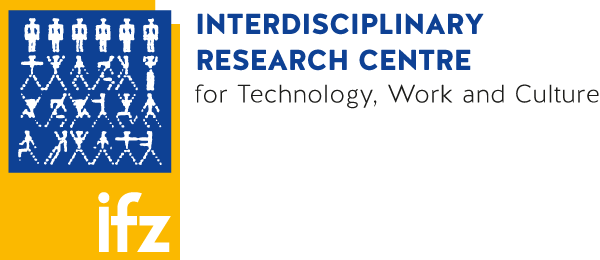BLISS - Business GuideLines Inducing Social Sustainability
The aim of the project is to exemplarily provide one Austrian enterprise with a practical guidance on how to integrate the social dimension of sustainability into their strategic as well as operational management.
Federal Ministry for Transport, Innovation and Technology, Programme Factory of Tomorrow
2004-2005
The project thus focuses on the development of 'Business GuideLines Inducing Social Sustainability' (BLISS) for the participating enterprise. The guidelines shall illustrate the importance of the social dimension for sustainable development on the company level and will support the enterprise in developing their opportunities.
The model of ‘social analysis of enterprises’ as developed by alpha nova/sozialPROFIT will be taken as a starting point: since this model has already been used in practice, it provides a good basis for the further steps necessary in deriving a practical guidance for the participating Austrian company. The model will be evaluated and supplemented by missing parts in order to ensure that (in-plant) social, regional as well as societal aspects are taken into account as comprehensively as possible. The advanced model will be implemented in the partner company.
On this basis firm specific guidelines are compiled, which enable the participating enterprise to take target-oriented steps towards the implementation of social sustainability.
Partner firm in this project is the construction company ‘Strobl’, a SME in the eastern part of Styria (a province of Austria). The “Business Guidelines Inducing Social Sustainability” developed for this company will include:
- measures for increasing social sustainability in different fields (gender mainstreaming at company level, further education, job satisfaction)
- success-potential and – as far as possible – indicators for social sustainability, i.e. hints for developing a system of indicators suited to the needs of the respective enterprise.
- links to well-established management models
- clues to how and which (partial) results can be used for (sustainability) reporting
